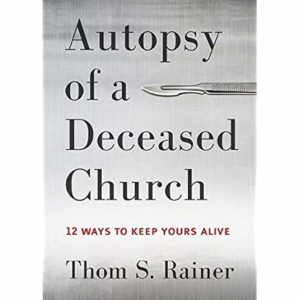 Our National Day of Prayer, here in the United States, is coming up on May 5. It will be an opportunity for all of us to take some time and think about what prayer is, what it can be for us, and how it saves us.
Our National Day of Prayer, here in the United States, is coming up on May 5. It will be an opportunity for all of us to take some time and think about what prayer is, what it can be for us, and how it saves us.
As I have been thinking and praying about the messages appropriate for this day, it occurs to me that a foundational point is that we never have to beg when we pray to God.
We’ve all heard people pray heartbreaking prayers in which they beg God… maybe to save a sick relative… maybe to pull them out of financial despair… maybe to forgive them for something they haven’t been able to forgive themselves for… or a hundred other things.
I’ve even heard pastors in the pulpit pray begging prayers. Probably you have too. (Pastors, after all, are just as human as the rest of us.)
But if we stop to remember that God loved the world so much that He gave His only Son in order to save us, can we really think that we have to beg for anything?
We can, instead, live from a place of thanksgiving. We can lift up our concerns, trusting that He cares, trusting that He hears us. We can praise Him for what He’s already done and live in faith that our lives have His attention, that nothing of what occurs escapes his notice, that we never fall outside His love.
What will be the focus and content of your prayers when folks all over the nation join their hearts in prayer on May 5?




 We know the four kinds of prayer: we can praise God, we can make petitions to ask God for what we feel we need, we can pray in thanksgiving to express our gratitude for what God has done in our lives, and we can pray in intercession to lift up others to God’s care.
We know the four kinds of prayer: we can praise God, we can make petitions to ask God for what we feel we need, we can pray in thanksgiving to express our gratitude for what God has done in our lives, and we can pray in intercession to lift up others to God’s care. A friend recently lent me a fascinating and reader-friendly book entitled
A friend recently lent me a fascinating and reader-friendly book entitled 





